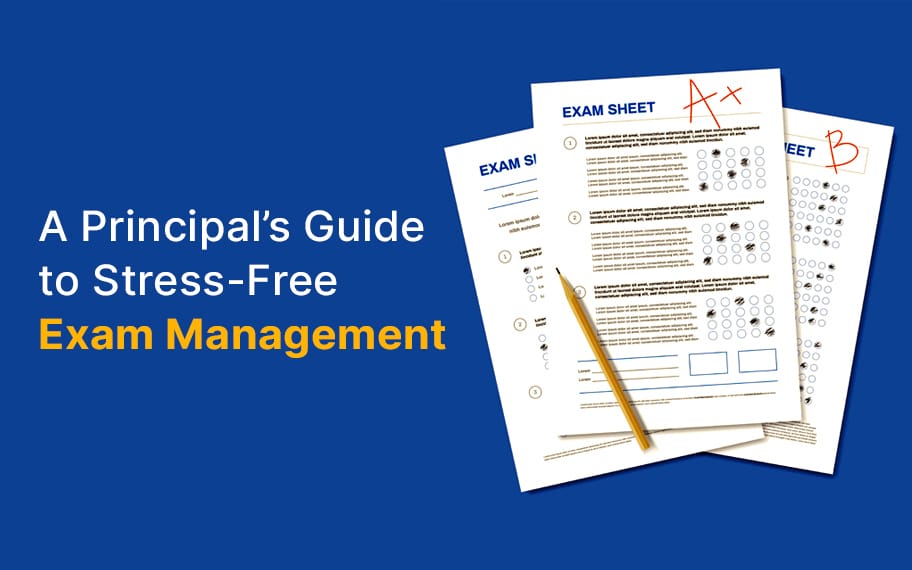Understanding Stress in Education
Stress isn't a singular force but a complex web intertwined with the modern world's fragility, anxiety, and complexity. In the context of sustainable development goals, unaddressed stress becomes a barrier to achieving quality education. Therefore, an educational paradigm beyond traditional academics, covering cognitive, social, emotional, and behavioral aspects, emerges as a transformative solution.
In the ever-evolving education landscape, stress during exams presents a significant challenge for students and teachers alike. As we delve into strategies to manage this stress, it is crucial to adopt a holistic approach that incorporates compassionate communication, technology integration, and long-term teacher empowerment.
Creating a Healthy Educational Ecosystem
Building a healthy educational ecosystem requires a collective effort. Teachers play a pivotal role by prioritizing self-awareness, mindful communication, and integrating emotional learning into the curriculum. Students benefit from developing emotional awareness and coping skills, while parents contribute to holistic development as a crucial support system.Incorporating compassionate communication, fostering holistic education structures, integrating technology responsibly, and empowering teachers for long-term support are crucial strategies. Emphasizing connection before correction, healthy boundaries, and reflection further contribute to a positive educational ecosystem.

Empowering Teachers and Integrating Technology
Recognizing teachers as human beings is fundamental to fostering a supportive educational environment. Acknowledging their humanity, embracing mistakes within a supportive system, and prioritizing mental fitness contribute to a positive and empathetic learning environment. Integrating technology as a tool for effective communication in education emphasizes the importance of human connections facilitated by technology beyond operational purposes, enhancing teacher-student and parent-teacher relationships.
Practical tips for creating a healthy ecosystem underscore the significance of teachers' self-awareness and mindful conversations. Emphasizing emotional awareness programs and integrating emotional learning into the curriculum reinforces the need for a proactive and preventive educational model.
Equipping Students with Coping Mechanisms
Recognizing stress as a precursor to chronic mental health issues calls for a shift in focus. By defining stress types, including natural and environmental stress, students can be better equipped with coping mechanisms. Emotional awareness and coping skills emerge as vital tools to navigate chronic stress, emphasizing the need for a proactive educational approach.
Balancing Technology and Mental Well-being
Technology's impact on mental health adds another layer to exam stress, particularly with the addictive nature of smartphones. It's essential to balance technology's benefits with potential drawbacks, advocating for responsible integration to foster meaningful connections instead of mere operational efficiency.
Embracing Change for Resilient Individuals
As we navigate stress during exam times, a transformative approach combining compassion, innovation, and lifelong learning emerges as the key to creating resilient individuals capable of facing the complexities of the future. Embracing these principles can evolve schools into nurturing environments that prioritize the well-being of both students and educators, fostering a positive and impactful learning experience.
The insights above were provided by Subha Parthasarathy, a counseling psychologist at Magichive.
Learn more about Teachmint plans here.












